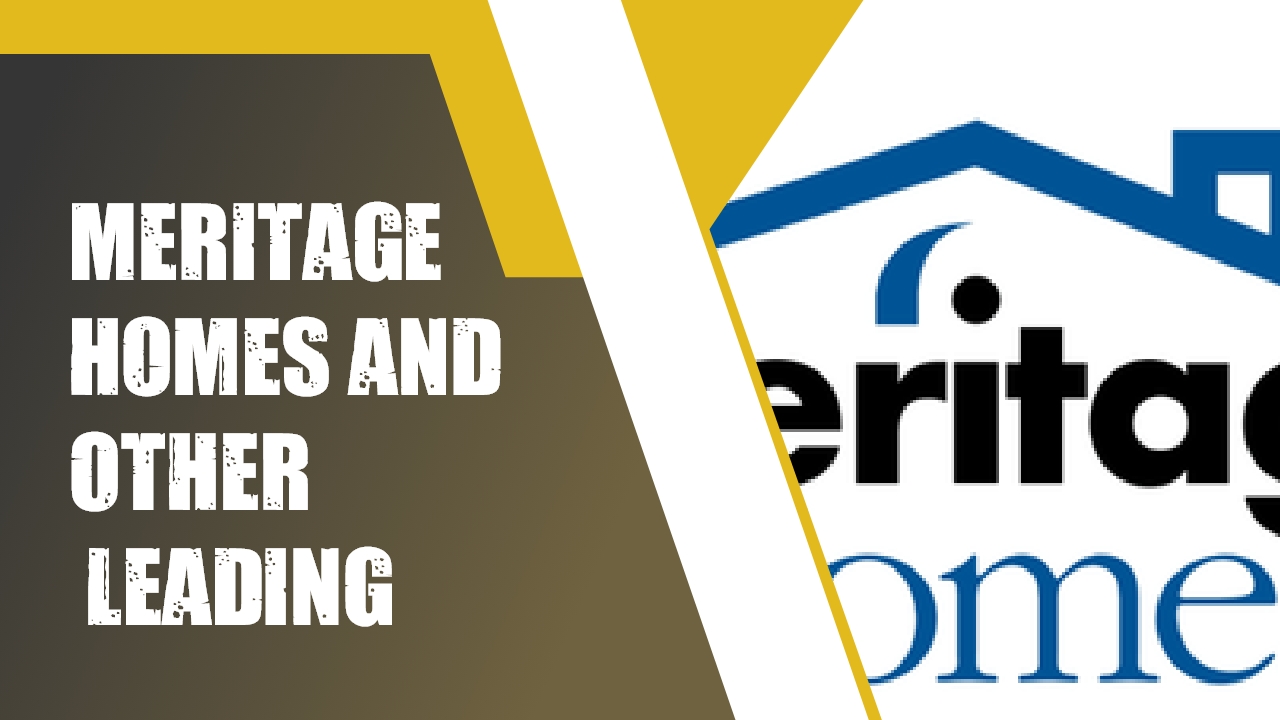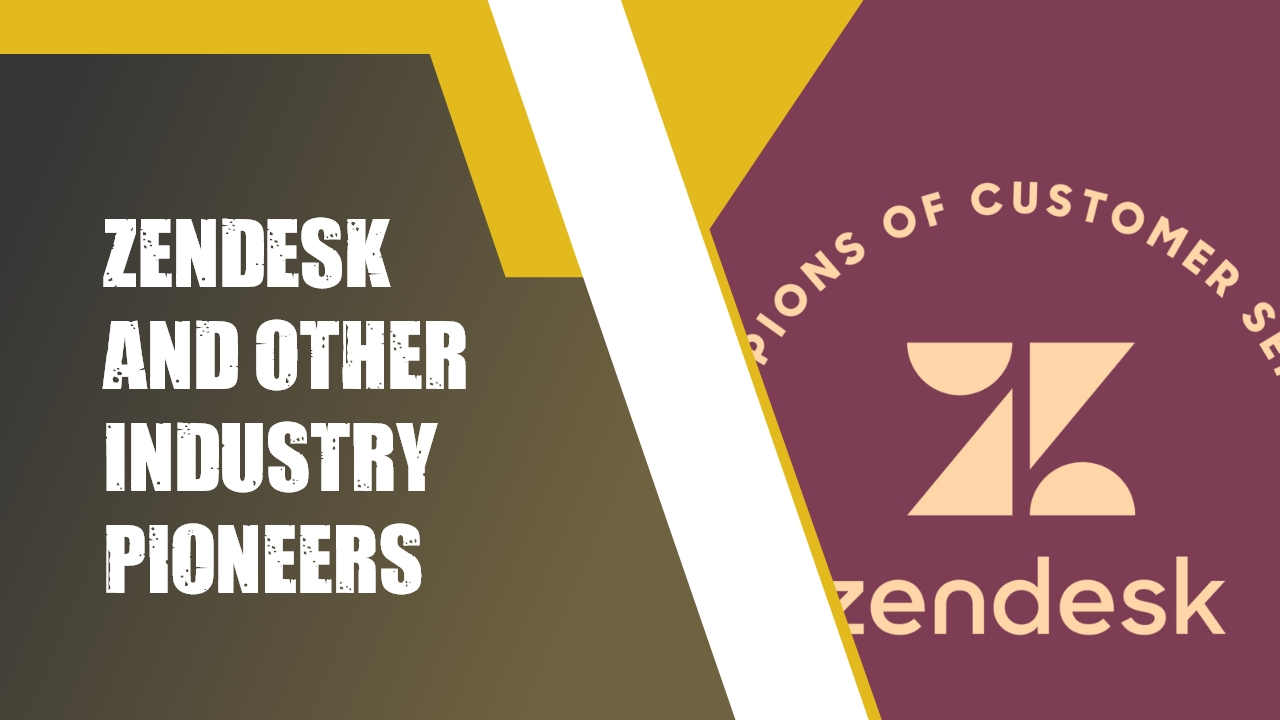Top 4 Customer Service Platforms in the UK: Zendesk and Leading Alternatives
In the ever-evolving world of customer service, choosing the right platform can make a significant difference in how effectively businesses interact with their customers. With a plethora of customer service solutions available, it’s crucial to find a platform that meets your company’s specific needs. Zendesk is a leading name in the industry, but several other notable platforms also offer exceptional service. Here’s a comprehensive look at Zendesk and three other top customer service platforms available in the UK.
1. Zendesk
Overview: Zendesk is a globally recognized customer service platform known for its robust feature set and flexibility. Founded in 2007, Zendesk has established itself as a leader in providing comprehensive customer support solutions.
Key Features:
- Ticketing System: Zendesk’s ticketing system is a core feature that allows businesses to manage customer inquiries, track issues, and resolve problems efficiently. Tickets can be categorized, prioritized, and assigned to different agents for streamlined management.
- Multi-Channel Support: Zendesk offers multi-channel support, including email, live chat, phone, and social media integration. This ensures that customers can reach out through their preferred communication channels.
- Knowledge Base: The platform includes a robust knowledge base feature, allowing businesses to create and manage self-service resources for customers. This can reduce the volume of support requests and empower customers to find solutions independently.
- Analytics and Reporting: Zendesk provides powerful analytics and reporting tools to track performance metrics, customer satisfaction, and agent productivity. Customizable reports help businesses make data-driven decisions.
Pros:
- Comprehensive feature set with strong multi-channel support.
- User-friendly interface and customizable workflows.
- Extensive integration options with third-party applications.
Cons:
- Can become expensive as you add more features and users.
- Advanced features may require additional training to fully utilize.
2. Freshdesk
Overview: Freshdesk is another leading customer service platform known for its intuitive design and comprehensive functionality. Launched in 2010, Freshdesk offers a range of features designed to enhance customer support and streamline service operations.
Key Features:
- Ticketing System: Freshdesk’s ticketing system is highly customizable, allowing businesses to set up automated workflows, categorize tickets, and track resolutions. The system supports multi-channel ticketing, including email, chat, phone, and social media.
- Collaboration Tools: Freshdesk includes collaboration features such as shared inboxes and team messaging. These tools facilitate seamless communication between support agents, helping them work together to resolve issues efficiently.
- Knowledge Base and Community Forums: Freshdesk offers a knowledge base and community forums where customers can find answers to common questions and engage with other users. This helps reduce the volume of support tickets and fosters a self-service approach.
- Automation and AI: The platform incorporates automation and AI-driven features, such as chatbots and workflow automation, to enhance efficiency and provide faster responses to customer inquiries.
Pros:
- User-friendly interface with a focus on ease of use.
- Strong collaboration and automation features.
- Competitive pricing with a range of plans to suit different business sizes.
Cons:
- Some advanced features may require additional setup or customization.
- Reporting capabilities are less robust compared to some competitors.
3. HubSpot Service Hub
Overview: HubSpot Service Hub is a customer service platform that integrates seamlessly with HubSpot’s suite of marketing, sales, and CRM tools. Launched in 2018, it offers a range of features designed to enhance customer support and streamline service operations.
Key Features:
- Ticketing and Automation: HubSpot Service Hub features a ticketing system that allows businesses to manage customer inquiries, automate ticket routing, and track resolutions. The platform also supports automation for repetitive tasks and workflows.
- Knowledge Base and Customer Feedback: The platform includes a knowledge base for self-service support and tools for collecting and analyzing customer feedback. These features help businesses improve service quality and customer satisfaction.
- Integration with HubSpot CRM: One of the standout features of HubSpot Service Hub is its integration with HubSpot CRM. This allows for a unified view of customer interactions and enables seamless communication across different departments.
- Reporting and Analytics: HubSpot Service Hub offers detailed reporting and analytics tools to track support performance, customer satisfaction, and agent productivity. Customizable dashboards provide insights into key metrics.
Pros:
- Integration with HubSpot’s suite of marketing and sales tools.
- User-friendly interface with strong automation capabilities.
- Comprehensive reporting and analytics features.
Cons:
- May be more suitable for businesses already using HubSpot’s ecosystem.
- Some advanced features require higher-tier plans.
4. Zoho Desk
Overview: Zoho Desk is a comprehensive customer service platform that offers a wide range of features designed to improve customer support and streamline service operations. Launched by Zoho Corporation, it has gained recognition for its versatility and affordability.
Key Features:
- Ticket Management: Zoho Desk’s ticketing system provides robust features for managing customer inquiries, including automated ticket assignment, categorization, and prioritization. The system supports multi-channel ticketing, including email, chat, and social media.
- Contextual Help and Knowledge Base: The platform includes a contextual help feature that provides relevant information and support based on customer interactions. Zoho Desk also offers a knowledge base for self-service support.
- Automation and AI: Zoho Desk incorporates automation and AI-driven features, such as chatbots and workflow automation, to enhance efficiency and provide faster responses to customer inquiries.
- Customization and Integration: The platform is highly customizable, allowing businesses to tailor the system to their specific needs. Zoho Desk also offers integration with a wide range of third-party applications and services.
Pros:
- Versatile and affordable with a range of features.
- Strong automation and AI capabilities.
- Customizable and integrates well with other applications.
Cons:
- Interface may be less intuitive compared to some competitors.
- Advanced features may require additional configuration or setup.
Conclusion
Selecting the right customer service platform is crucial for delivering exceptional support and improving customer satisfaction. Zendesk, Freshdesk, HubSpot Service Hub, and Zoho Desk each offer unique features and strengths that cater to different business needs and preferences.
Zendesk is known for its comprehensive feature set and robust multi-channel support, while Freshdesk excels in user-friendliness and collaboration tools. HubSpot Service Hub integrates seamlessly with HubSpot’s CRM and offers strong automation and reporting capabilities. Zoho Desk provides a versatile and affordable solution with strong automation and customization options.
When choosing a customer service platform, consider factors such as your company’s size, budget, and specific support needs. Each of these top platforms provides high-quality features and solutions to enhance your customer service operations and drive better customer experiences










